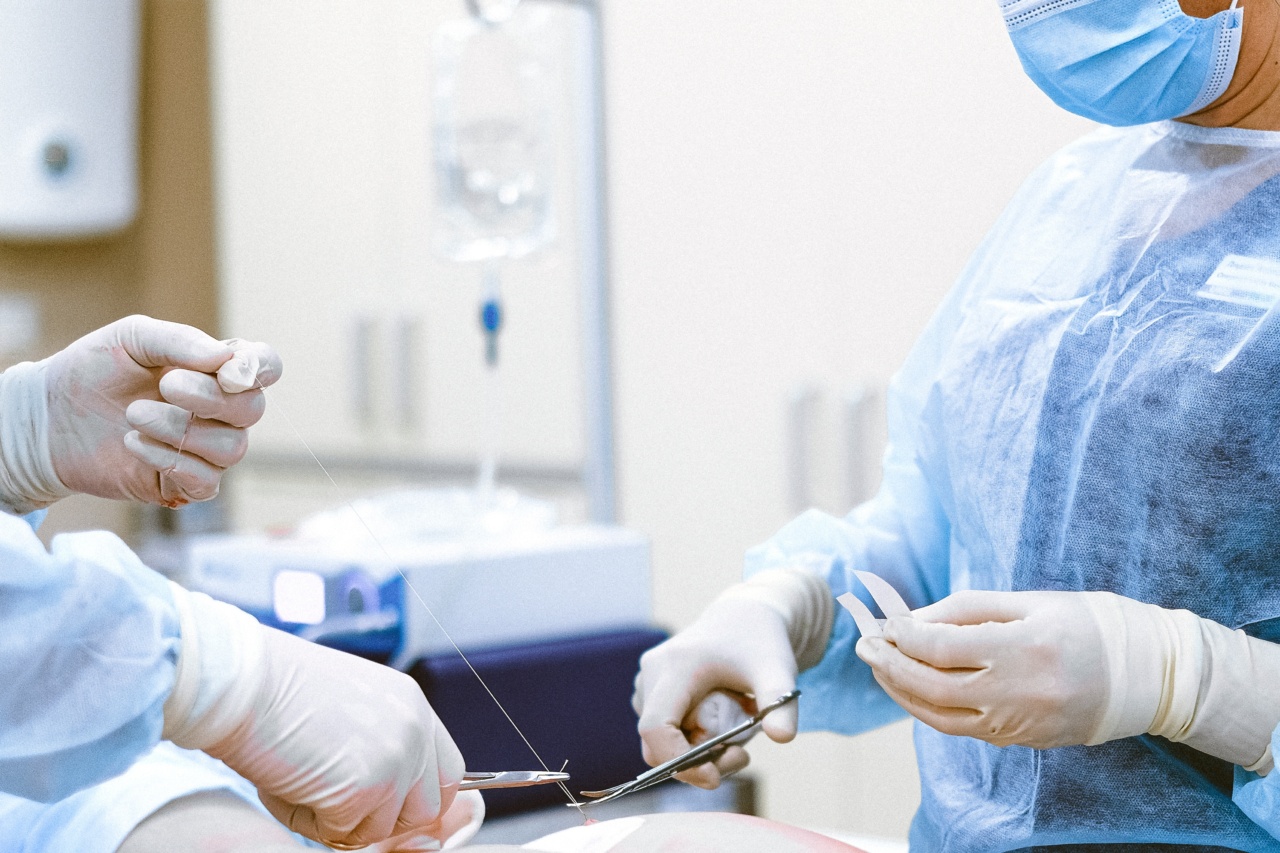When it comes to cancer prevention, knowledge is power. By understanding the risk factors and implementing healthy lifestyle choices, you can significantly reduce your chances of developing cancer.
In this article, we will explore the insights and advice from a renowned expert in the field of cancer prevention. Read on to discover the secrets that can help you protect yourself and your loved ones from this devastating disease.
1. Maintain a Healthy Weight
Obesity has been linked to an increased risk of various types of cancer, including breast, colon, and pancreatic cancer.
Adopting a balanced diet and engaging in regular physical activity can help you maintain a healthy weight and reduce your cancer risk.
2. Eat a Nutrient-Rich Diet
Fill your plate with a variety of colorful fruits and vegetables. These natural foods are rich in vitamins, minerals, and antioxidants that can help protect your body against cancer-causing agents.
Include whole grains and lean protein sources in your diet for added benefits.
3. Limit Alcohol Consumption
Excessive alcohol consumption has been associated with an increased risk of several types of cancer, including breast, liver, and colorectal cancer. If you choose to drink alcohol, do so in moderation.
It is recommended that women limit themselves to one drink per day, while men should not exceed two drinks per day.
4. Quit Smoking
Cigarette smoking is the leading cause of preventable cancer deaths worldwide. It is responsible for approximately 1 in 3 cancer-related deaths in the United States alone. If you smoke, seek help to quit and avoid exposure to secondhand smoke.
5. Protect Yourself from the Sun
Excessive exposure to the sun’s harmful ultraviolet (UV) rays can increase the risk of skin cancer. Protect your skin by seeking shade, wearing protective clothing, and applying broad-spectrum sunscreen with a high sun protection factor (SPF).
6. Stay Active
Regular physical activity is not only beneficial for maintaining a healthy weight but also directly lowers the risk of certain cancers, such as colorectal and breast cancer.
Aim for at least 150 minutes of moderate-intensity exercise or 75 minutes of vigorous-intensity exercise per week.
7. Get Vaccinated
Some cancers are caused by viruses, such as the human papillomavirus (HPV) and hepatitis B and C. By getting vaccinated against these viruses, you can significantly reduce your risk of developing associated cancers, such as cervical and liver cancer.
8. Practice Safe Sex
Engaging in unprotected sexual activities can lead to the transmission of sexually transmitted infections (STIs) such as HPV, which can increase the risk of certain cancers.
Use barrier methods, such as condoms, and get regular check-ups to detect and treat any STIs early.
9. Perform Regular Self-Exams and Screenings
Early detection is crucial in successfully treating cancer. Perform self-exams, such as breast or testicular exams, to identify any abnormal changes.
Additionally, follow recommended screening guidelines for various cancers, including mammograms, Pap tests, and colonoscopies.
10. Manage Stress
Chronic stress can weaken the immune system and contribute to the development of cancer. Find healthy ways to manage stress, such as engaging in relaxation techniques, practicing mindfulness, or seeking support from loved ones or professionals.
In conclusion, preventing cancer requires a proactive approach and incorporating healthy habits into your lifestyle.
By maintaining a healthy weight, eating a nutrient-rich diet, limiting alcohol consumption, quitting smoking, protecting yourself from the sun, staying physically active, getting vaccinated, practicing safe sex, performing regular self-exams and screenings, and managing stress, you can significantly reduce your risk of developing cancer. Empower yourself with these secrets from a leading expert, and take control of your health.































